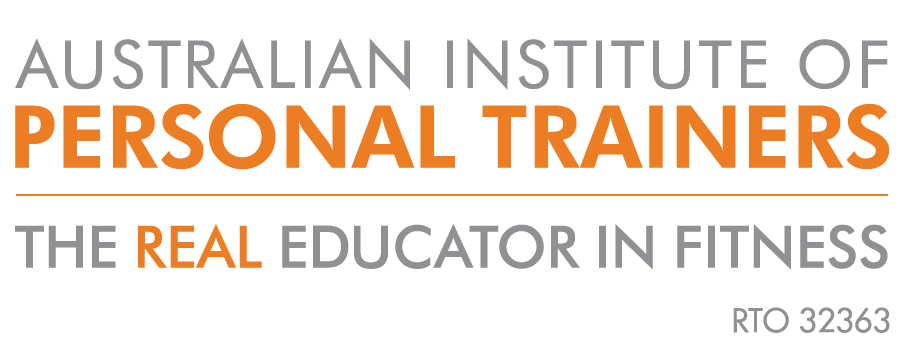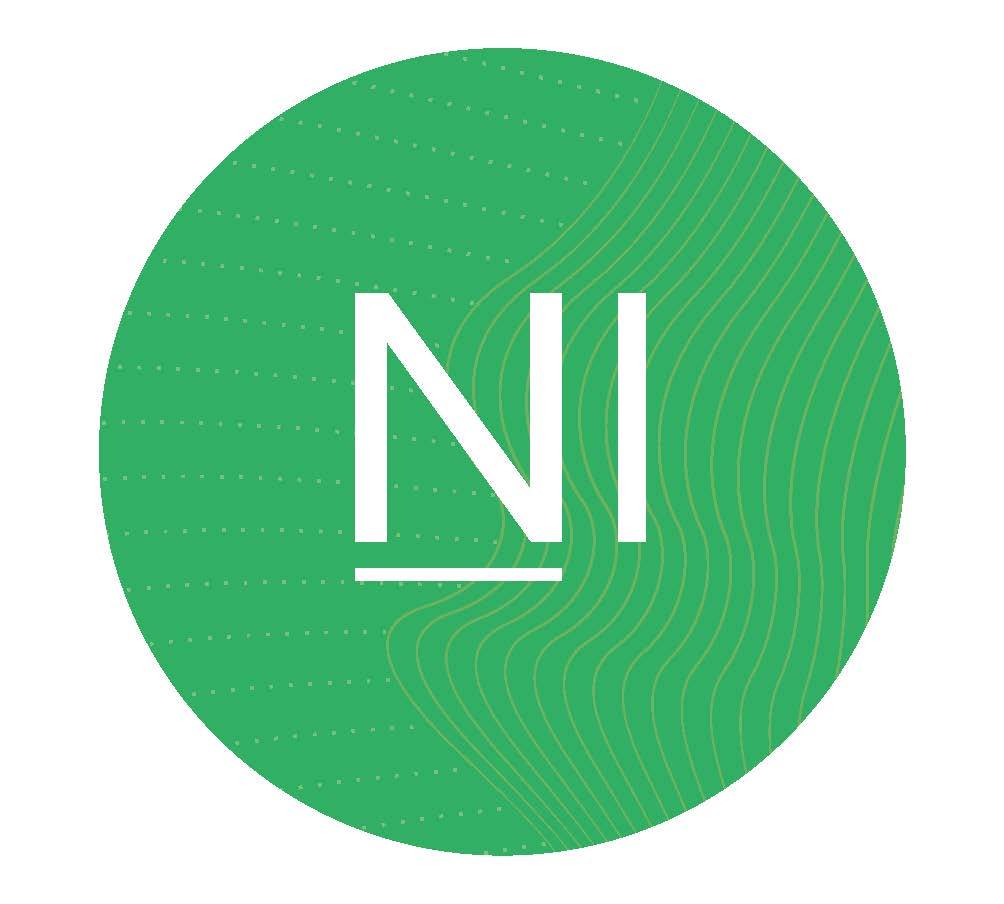Nutrition Courses
-
Top Result
Complete Personal Training & Nutrition Course
SIS30321/SIS40221/10967NATStudy method Online + Mentor OR Online + In CampusThe Complete Personal Training & Nutrition Course offers a comprehensive path to becoming a versatile health and fitness professional. Gain recognized certifications in fitness and nutrition through online and hands-on learning. Launch a career as a Personal Trainer, Group Exercise...
Top ResultCertificate IV in Allied Health Assistance (Nutrition and Dietetic Support)
HLT43021Study method Online + Work PlacementTransform lives with the Certificate IV in Allied Health Assistance (Nutrition and Dietetic Support). Gain the skills to support dietitians and nutritionists in improving patient health through tailored meal plans, nutritional education, and risk management. This nationally recognised qualification combines...
Top ResultDiploma of Nutrition
10967NATStudy method OnlineA nationally recognised qualification in nutrition that is perfect for anyone looking to start a career in the nutrition space or to upskill your current skill set.
Top ResultCertificate IV in Allied Health Assistance (Nutrition and Dietetics Specialisation)
HLT43015Study method Online + Work PlacementA Nationally Recognised Qualification in Allied Health Assistance specialising in Nutrition and Dietetics. This course is suitable for those who are passionate about Nutrition and want to work assisting in this field.
Nutrition Course
Study method OnlineThe perfect course to enhance your knowledge on Nutrition.
What is a nutritionist?
A nutritionist helps people improve their general wellbeing through food and nutrition. They work closely with clients to assess their diet, evaluate their nutritional needs, develop personalised meal plans, and help them build healthy eating habits. Nutrition graduates can work in their own private practice, as part of an allied health centre, or in gyms or fitness centres.
In Australia, the title of ‘nutritionist’ is unregulated. This means that anyone can call themselves a nutritionist, even if they don’t have a qualification. For this reason, unlike dietitians, nutritionists in Australia aren’t qualified to provide medical advice or medical nutrition therapy.
If you’re interested in a career in nutrition, a nationally recognised qualification such as a Diploma of Nutrition can allow you to enhance your credibility as a nutritionist.
What does a nutritionist do?
A nutritionist’s daily tasks and duties will vary depending on where they work. The following are just some examples of what a nutritionist does on a daily basis:
- Assess a client’s nutritional needs based on their age, lifestyle, health status, and other factors, based on Australian Dietary Guidelines (ADG)
- Create basic dietary plans, meal plans and recommend specific foods and supplements to help clients meet their goals, such as weight loss or muscle gain
- Provide nutrition education and advice on healthy eating habits, such as portion control and food preparation techniques
- Develop educational resources for clients
- Stay up to date on the latest research in regards to diet, nutrition, and wellbeing
- Monitor clients’ progress and adjust nutritional plans when required
- Work alongside other healthcare professionals, such as personal trainers, doctors, or dietitians
- Market their business through social media.
What is the best nutrition course?
This depends on your goals within the field of nutrition and what kind of career path you would like to take. The two best nutritionist courses are the Diploma of Nutrition and Certificate IV in Allied Health Assistance (Nutrition and Dietetics Specialisation):
- Diploma of Nutrition: The nutrition diploma allows you to become a Nutrition Advisor or Nutrition Coach. You will be equipped with all the fundamental skills and knowledge you need to advise clients on human nutrition and sports nutrition, provide personalised advice, and engage with other health professionals. This online nutrition course includes completing 30 practical sessions in a health or fitness workplace, providing valuable practical experience before you begin working professionally.
- Certificate IV in Allied Health Assistance (Nutrition and Dietetics Specialisation): With this qualification you can find work as an Allied Health Assistant or a Nutrition and Dietetics Assistant. The course covers essential nutrition knowledge such as helping clients meet dietary guidelines, supporting food services, and creating meal plans. It also involves 120 hours of work placement, which provides important practical experience before you embark on your career.
How much can you earn after nutrition courses?
According to current resources, the average annual salary for a nutritionist in Australia is between $65,000 and $85,000. You may increase your earning potential by studying a nutrition course online.
How to become a nutritionist
In Australia, the term ‘nutritionist’ is not regulated. This means that anyone can call themselves a nutritionist. In order to become a professional nutritionist and find work in a healthcare environment or gym, however, most employers will require you to have a nutrition-related qualification.
Here is a general career pathway to becoming a nutritionist in Australia:
- Earn a nationally recognised qualification, such as a Diploma of Nutrition or a Certificate IV in Allied Health Assistance (Nutrition and Dietetics). You can complete online courses in these fields.
- Advance your knowledge and skills as a nutritionist by pursuing higher education, such as a bachelor degree.
- Join a professional body such as the Nutrition Society of Australia to increase recognition and accreditation as a nutritionist.
What are the skills you need to become a nutritionist?
Knowledge of nutritional health science human n
The main role of a nutritionist is to provide personalised nutritional guidance and help clients build healthy eating habits. To do this, a strong understanding of nutritional science is essential. Nutritionists must be well-versed in how diet impacts the body, the development of nutrition-related diseases, and how to design nutrition programs for their clients.
Communication skills
Nutritionists are likely to work with clients from diverse backgrounds who may have little understanding of diet and nutrition. This makes communication skills vital in clearly explaining complex nutritional concepts and working with a vast range of people. Nutritionists should also know how to communicate in a way that’s compassionate and sensitive.
Interpersonal skills
Because nutritionists usually work on a one-to-one basis, interpersonal skills are important for building rapport with clients and encouraging them to book further appointments. Nutritionists should aim to be approachable, friendly, build trust, and make their clients feel comfortable.
Is it hard to be a nutritionist?
Like any job, being a nutritionist can come with its own set of challenges. These include:
- Staying on top of conflicting information, including myths around diet and weight loss
- Being unclear on what is required, as there is no regulation around the term ‘nutritionist’
- Trying to motivate clients who are uninterested in changing their lifestyle or complying with nutritional plans
- Running your own business and finding clients
- Staying up to date with the latest dietary guidelines and nutritional research.
What are the benefits of nutrition courses?
Even though you technically don’t need to complete a course to become a nutritionist in Australia, there are numerous benefits to doing so. These include:
Understanding nutritional science
Completing a nutrition course will provide you with factual, scientific understanding of diet and nutrition. Instead of trying to educate yourself and battling conflicting information on diet and wellbeing, you will have the confidence that what you are learning has a scientific basis and complies with Australian Dietary Guidelines.
Valuable work skills
Besides a thorough understanding of diet and nutrition, a nutrition course will also teach you other valuable skills such as workplace health and safety, legal and ethical compliance, and how to work in health and community services. You may also learn how to work with a diverse range of people and use medical terminology effectively.
Practical experience
Most nutrition courses involve a work placement or practical sessions that provide valuable work experience. This gives you a chance to begin practising your nutrition skills while under supervision, allowing you to get feedback and ask for help when you need to. This gives you more confidence when it’s time to start your career as you’ve already operated in a nutrition environment.
Should you study a nutrition course online?
Studying nutrition online is the easiest and most flexible way to start your nutrition career! You can enrol as soon as tomorrow and begin your studies whenever you are ready. The benefits of online nutrition study include:
- Support from experienced trainers
- The ability to work from anywhere in Australia
- Studying without having to change current work or life commitments
- Self-paced study at a time that suits you
- Valuable work placement or practical sessions
- Nationally recognised qualification.
Is being a nutritionist a good career?
If you’re passionate about health and nutrition and want to encourage people to improve their wellbeing, nutrition is an excellent career for you. As more and more people are interested in health and wellbeing, nutritionists are becoming more in demand and there is no shortage of job opportunities. You can choose to run your own business, work in a gym, or organise healthy eating workshops – the choice is up to you!
Nutrition courses online
If you’re ready to kickstart your new career in nutrition, you can start as soon as tomorrow! Browse our range of online nutrition courses on this page and prepare to start making a positive impact on the community around you.
FAQ
- How do I become a nutritionist in Australia?
The best way is to study a nutrition course, such as a Diploma of Nutrition or a Certificate IV in Allied Health (Nutrition and Dietetics). - How long is a nutrition course?
This depends on the certificate you have chosen to enrol in and the institution. It will typically take up to 12 months of self-paced study to complete a nutrition course online. There is also a work placement or practical session component. - How much is a nutrition course?
The cost of a nutrition course will depend on the certificate you enrol in, the institution, and the payment method you use. Many institutions offer payment plans and may even offer a discount for some students. Browse our courses and ask for a free class pack to learn more about pricing. - Is being a nutritionist a hard job?
Nutrition is an extremely rewarding career, but it can also be difficult. Some challenges include motivating clients who are not interested in changing their diet, staying updated on current research and guidelines, and busting diet myths. - What is the next level after being a nutritionist?
If you are interested in progressing your career after being a nutritionist, you may want to study to be a dietitian. Dietitians in Australia are qualified to provide medical advice and can work in hospitals or medical centres. - What’s the difference between a nutritionist and a dietitian?
Both nutritionists and dietitians provide nutritional advice and encourage clients to make healthier food choices. However, while the title of ‘nutritionist’ is not regulated in Australia, dietitians are regulated professionals who have more advanced qualifications and can work in a medical capacity.
Courses by Location
Learn more about Nutrition Courses in your area.
- Sydney
- Melbourne
- Brisbane
- Perth
- Adelaide
- Gold Coast
- Tweed Heads
- Newcastle
- Maitland
- Canberra
- Queanbeyan
- Sunshine Coast
- Central Coast
- Wollongong
- Geelong
- Hobart
- Townsville
- Cairns
- Toowoomba
- Darwin
- Ballarat
- Bendigo
- Albury
- Wodonga
- Launceston
- Mackay
- Rockhampton
- Bunbury
- Melton
- Bundaberg
- Coffs Harbour
- Hervey Bay
- Wagga Wagga
- Shepparton
- Mooroopna
- Mildura
- Wentworth
- Port Macquarie
- Gladstone
- Tannum Sands
- Tamworth
- Traralgon
- Morwell
- Warragul
- Drouin
- Orange
- Busselton
- Bowral
- Mittagong
- Dubbo
- Geraldton
- Nowra
- Bomaderry
- Bathurst
- Albany
- Warrnambool
- Mount Gambier
- Devonport
- Kalgoorlie
- Boulder
- Victor Harbor
- Goolwa
- Lismore
- Alice Springs
- Burnie
- Wynyard
- Nelson Bay
- Maryborough
- Ballina
- Morisset
- Cooranbong
- Taree
- Bacchus Marsh
- Goulburn
- Armidale
- Gympie
- Echuca
- Moama
- Gisborne
- Macedon
- Whyalla
- Forster
- Tuncurry
- Griffith
- Yeppoon
- St Georges Basin
- Sanctuary Point
- Wangaratta
- Grafton
- Murray Bridge
- Mount Isa
- Camden Haven
- Karratha
- Broken Hill
- Batemans Bay
- Moe
- Newborough
- Singleton
- Ulladulla
- Horsham
- Port Lincoln
- Port Hedland
- Kempsey
- Warwick
- Broome
- Bairnsdale
- Ulverstone
- Yanchep
- Sale
- Emerald
- Port Pirie
- Port Augusta
- Gunnedah
- Colac
- Mudgee
- Esperance
- Lithgow
- Muswellbrook
- Portland
- Swan Hill
- Parkes
- Kingaroy


